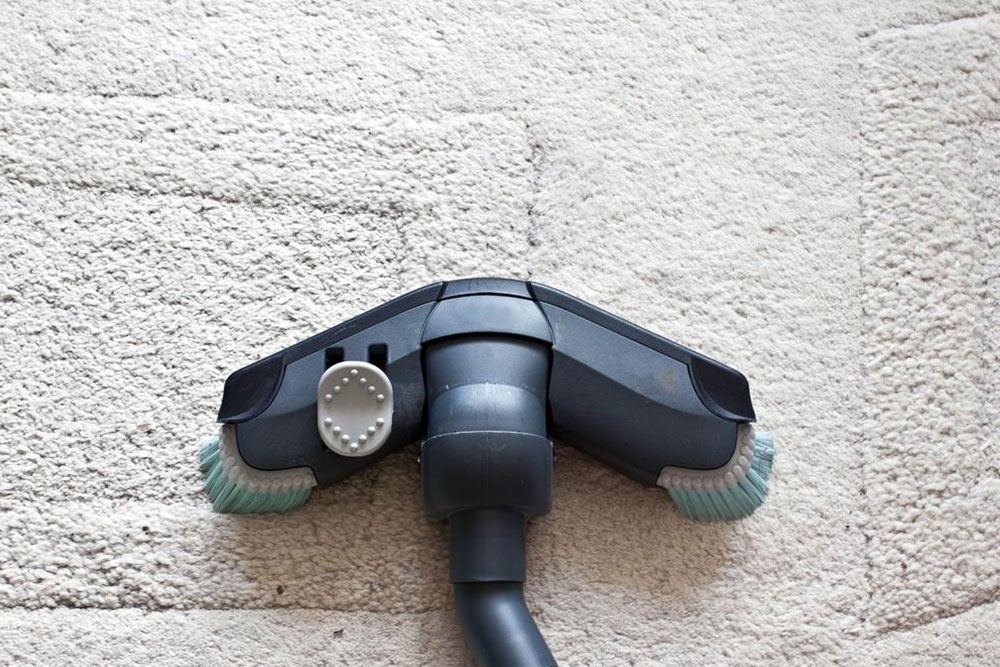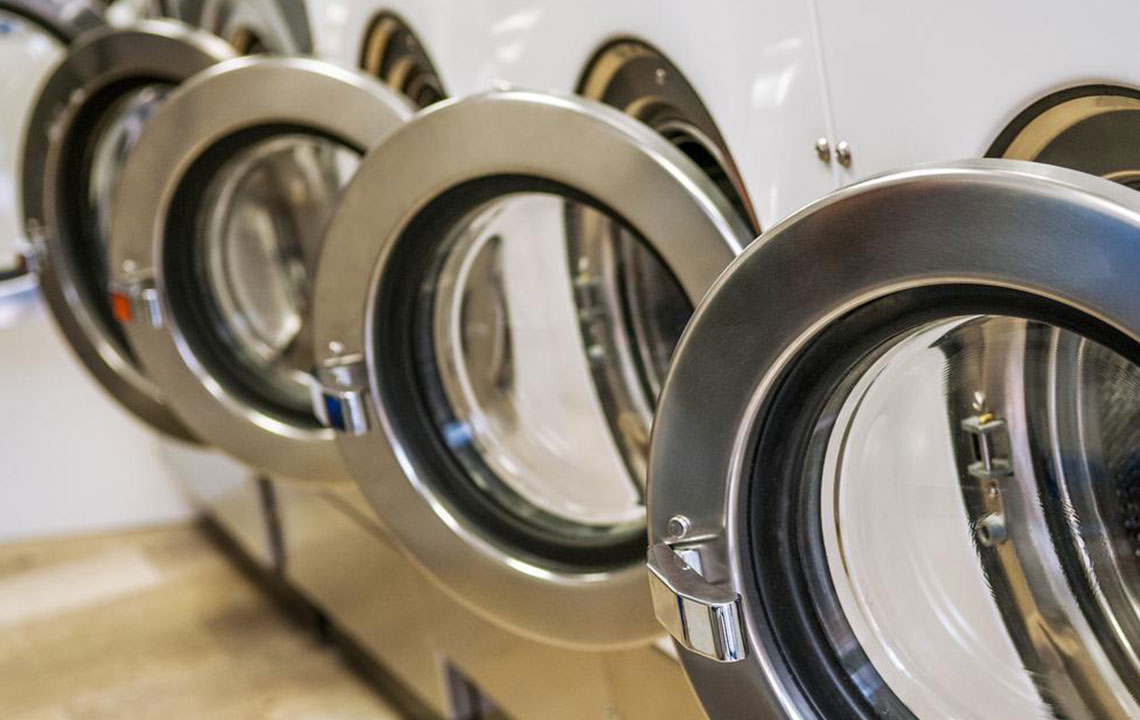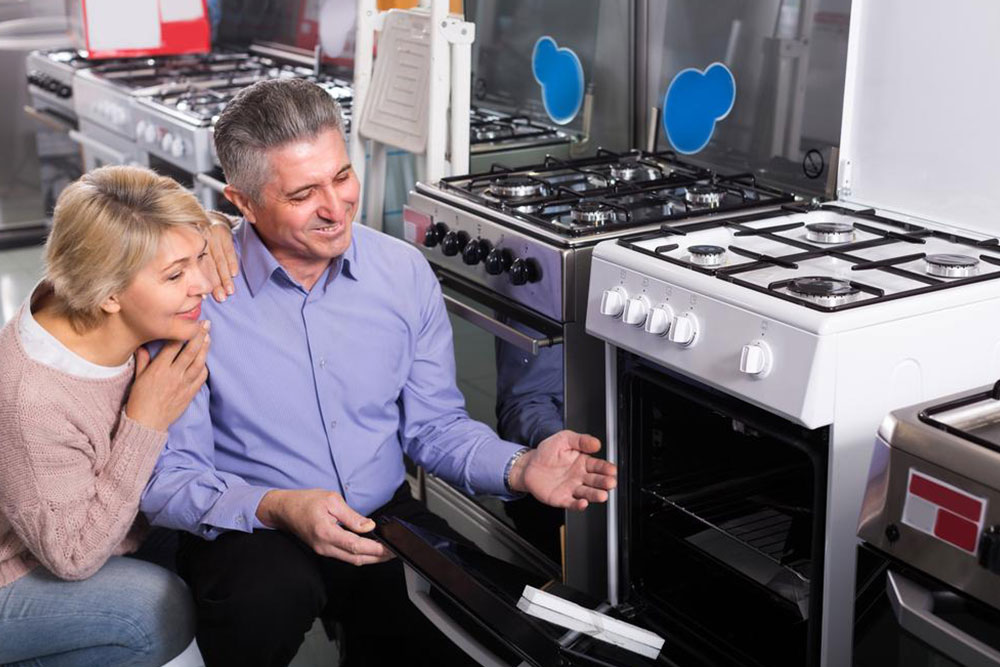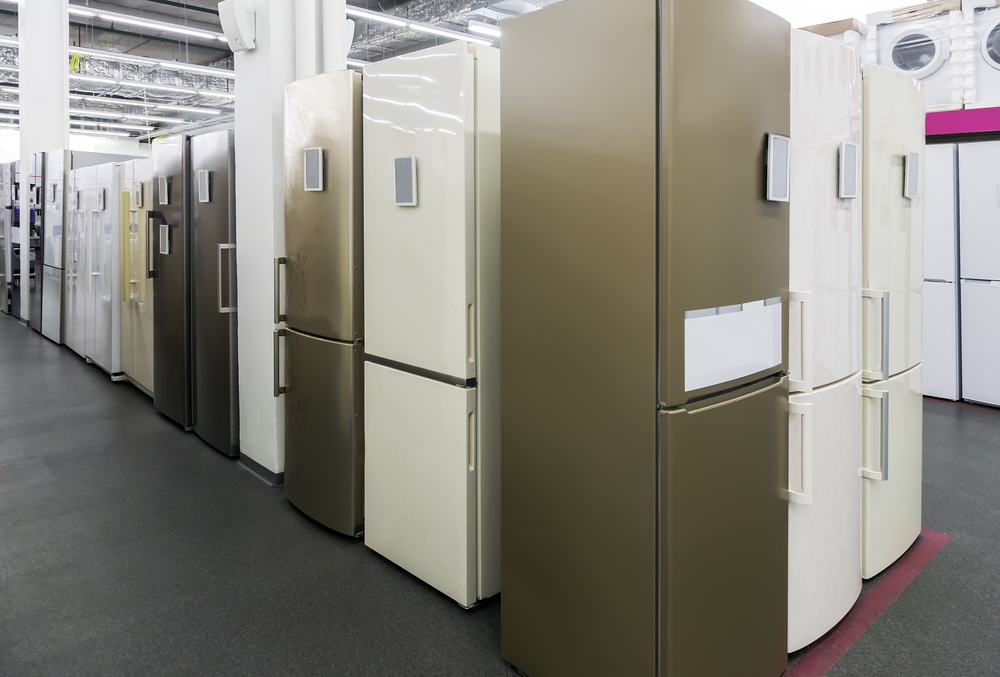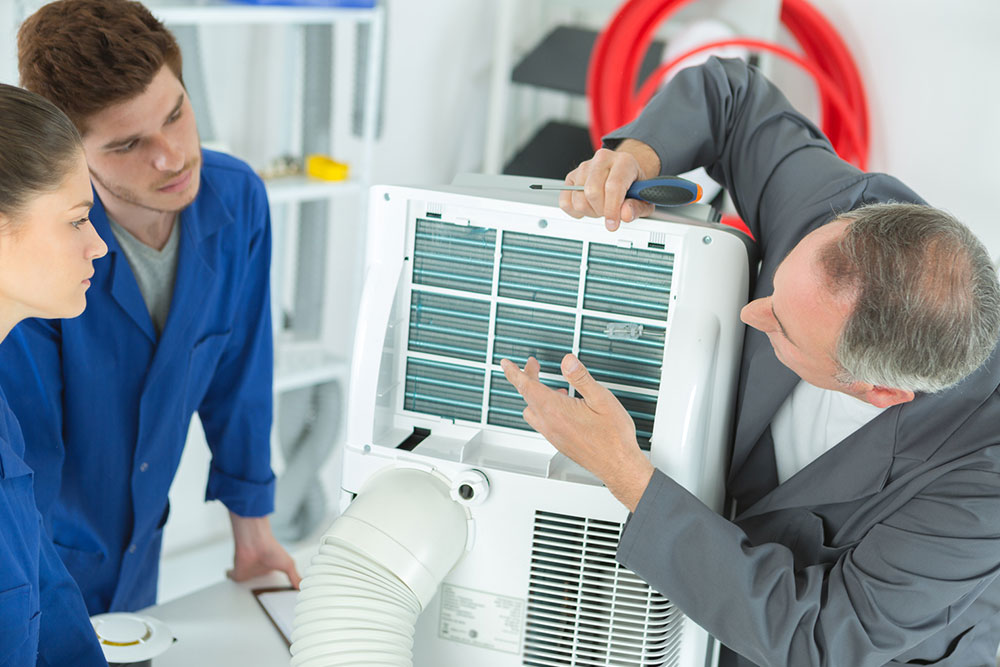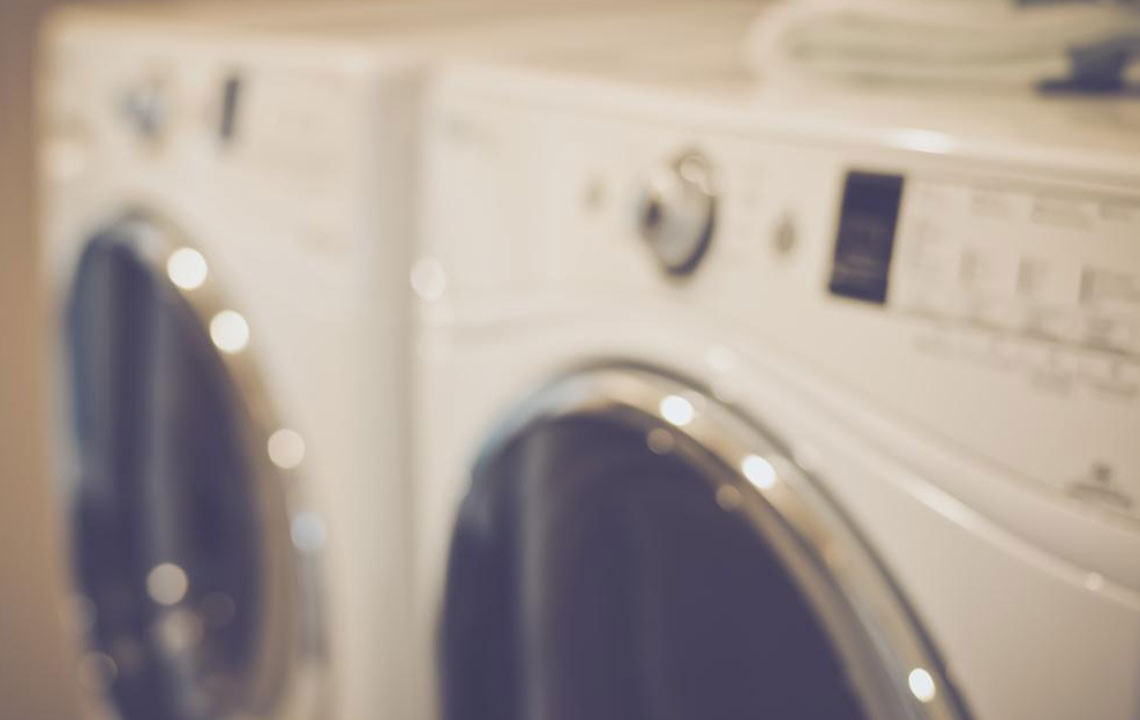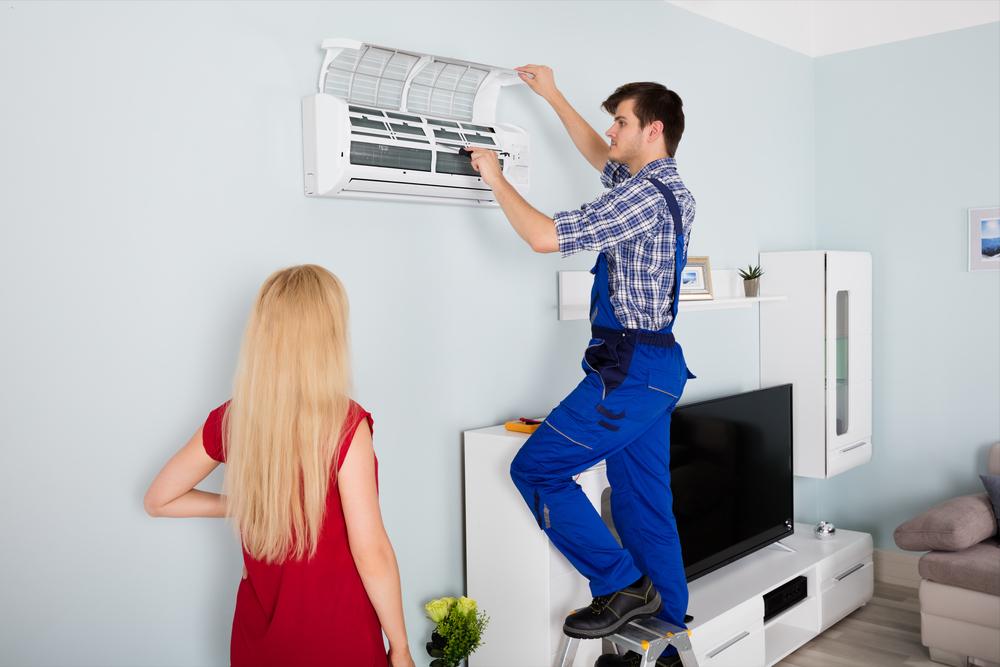Smart Tips to Boost Your Refrigerator's Energy Efficiency
Learn how to boost your refrigerator's energy efficiency with simple tips like cleaning coils, organizing contents, and ensuring proper ventilation. These steps can significantly reduce energy consumption, lower bills, and extend appliance lifespan. Discover practical advice to make your refrigerator more eco-friendly and cost-effective, ensuring optimal performance for years to come.
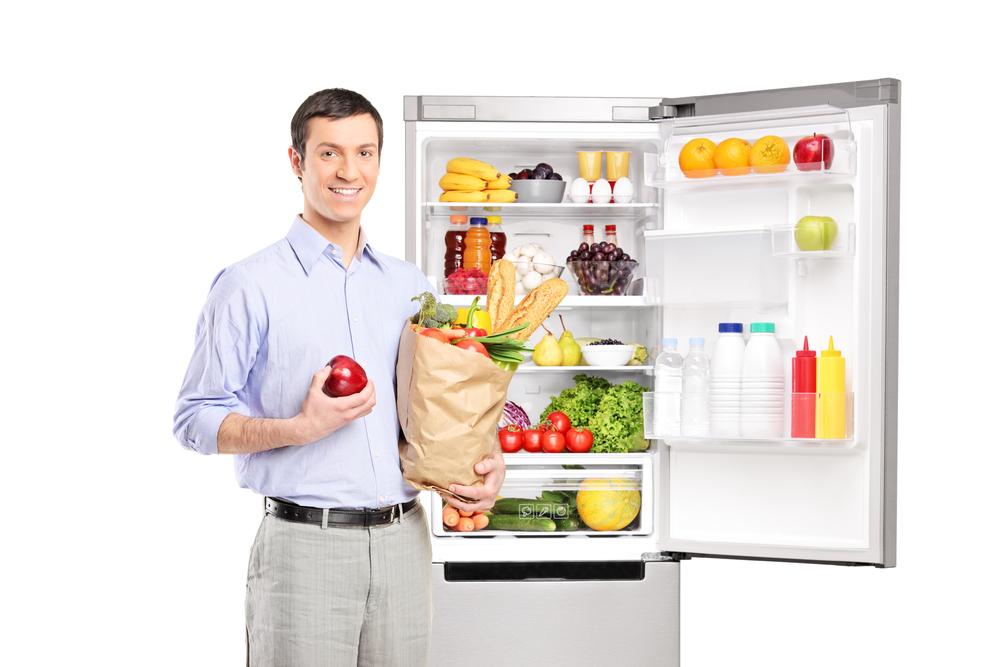
Smart Strategies to Enhance Your Refrigerator's Energy Performance
When shopping for a new refrigerator, consumers prioritize energy-saving features that reduce utility bills. Refrigerators account for a significant portion of household energy use, often surpassing other appliances combined. Understanding how to optimize their efficiency is crucial. A well-filled fridge with proper air circulation can operate more efficiently, as cold air transmission relies on heat exchange. Maintaining clean coils, avoiding door mishandling, and organizing contents are essential steps to ensure your refrigerator runs smoothly and saves energy.
Here are effective ways to maximize your refrigerator's energy efficiency:
Keep the top clear
Storing items like cereal boxes on top can hinder heat dissipation and cause the appliance to work harder. Keep this area uncluttered for better cooling performance.
Clean condenser coils regularly
The coils at the back need periodic cleaning to remove dust and webs. Dirty coils reduce cooling efficiency, forcing the compressor to work overtime and consume more power.
Avoid prolonged door openings
Leaving the refrigerator door open allows cold air to escape, making the compressor work harder to restore temperature, thereby increasing energy use.
Disable the ice maker when unused
Ice makers can increase energy consumption by up to 20%. Turning them off when not needed and using trays can help conserve power.
Ensure proper ventilation
Place your refrigerator at least 2 inches from the wall to facilitate heat escape from the condenser coils. Proper airflow prevents overworking the compressor.
Inspect door seals
Check for leaks or damage in door gaskets. A tight seal prevents cold air from escaping, reducing energy consumption. Replace seals if necessary.
Organize contents efficiently
Arranging items properly ensures quick access and minimizes door openings. Avoid storing large or hot items on top shelves, as they trap heat and force the compressor to work harder.
Allow food to cool before refrigerating
Hot items should be cooled to room temperature before storing to prevent warming the interior and overloading the compressor.
Defrost regularly
In older models, manual defrosting prevents ice buildup that hinders heat exchange. Modern refrigerators typically feature auto-defrost, but regular checks help conserve energy.
Opting for energy-efficient refrigerators can save significant costs over their lifespan, which averages around ten years. Taking proactive steps ensures optimal performance and lower bills. As the saying goes, "A stitch in time saves nine."

